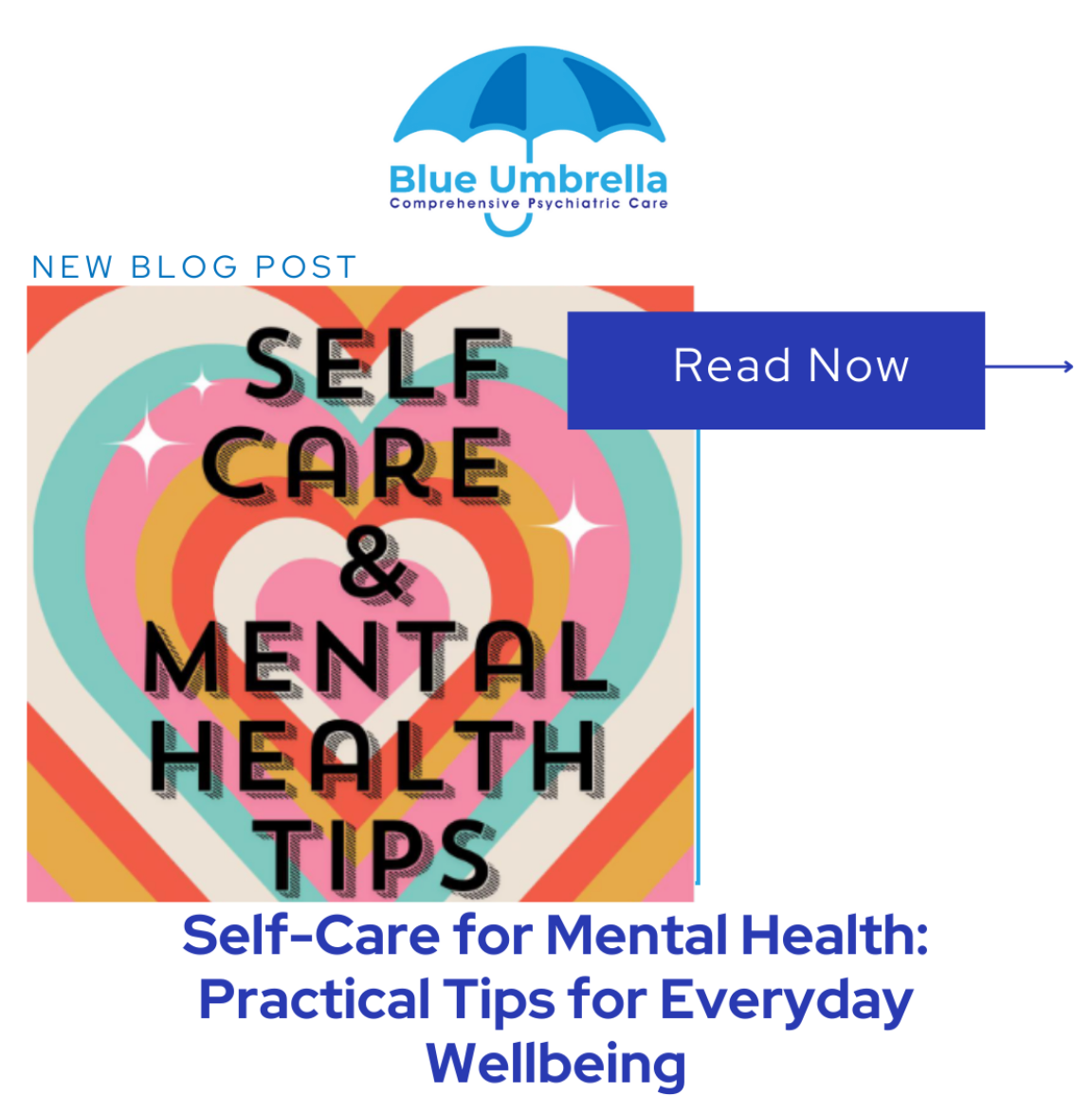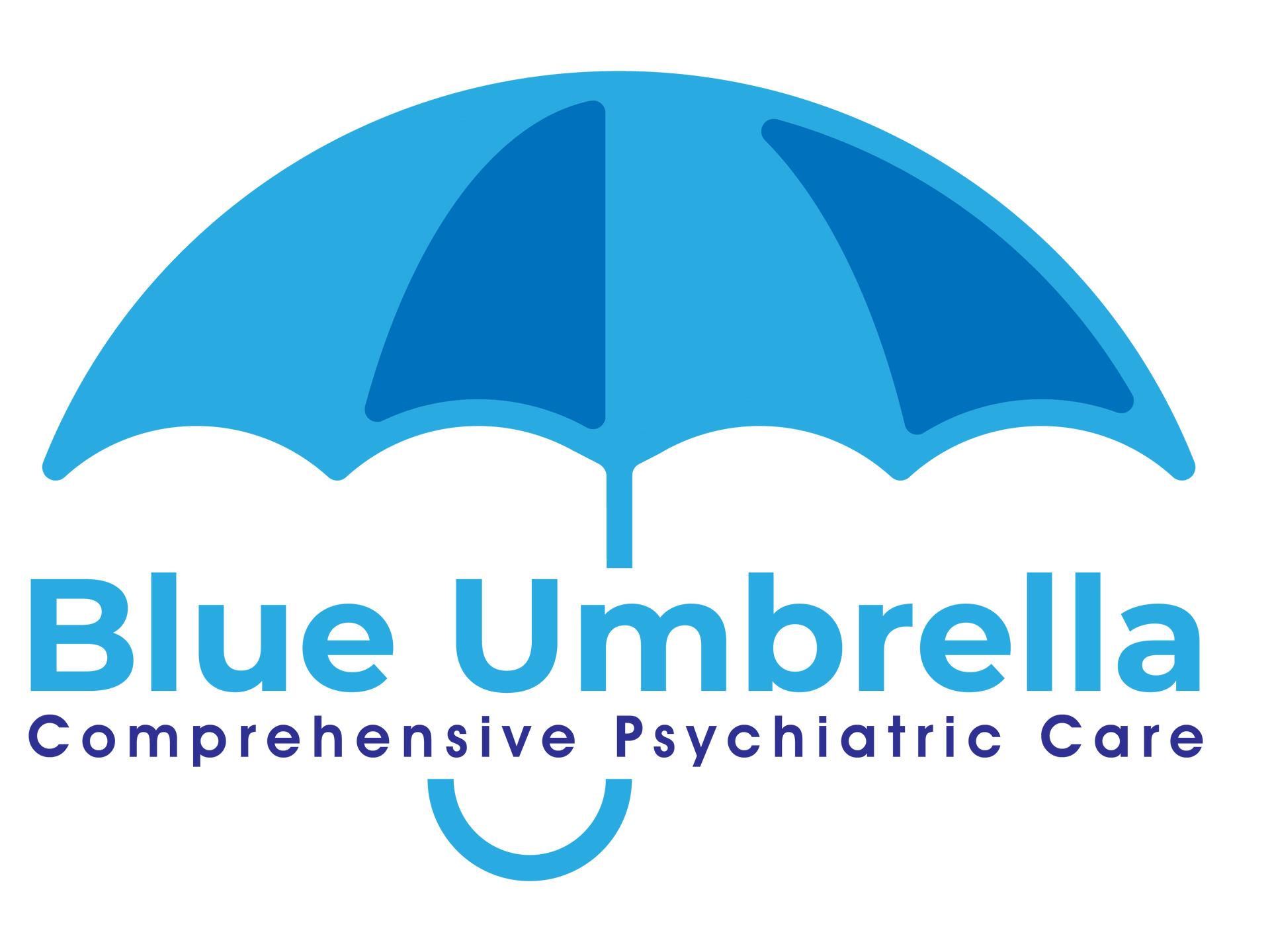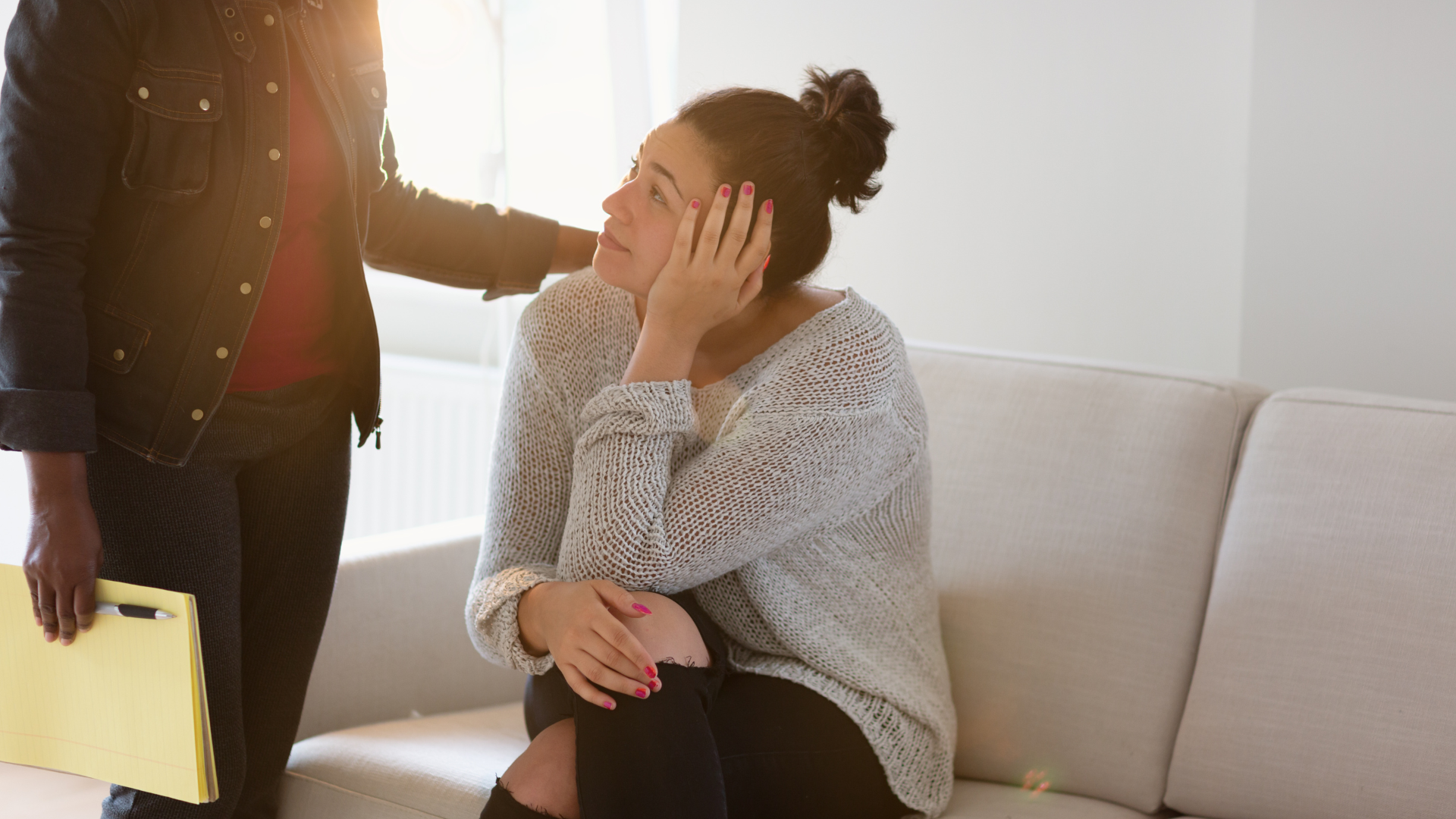
Self-care is essential for maintaining both physical and mental health. When life gets busy, it’s easy to neglect your mental well-being. However, small, everyday self-care habits can have a huge impact on your overall emotional health. Here are some practical tips from Blue Umbrella Psychiatry to help you incorporate self-care into your daily routine:
1. Practice Mindfulness
Mindfulness involves focusing on the present moment without judgment. Practicing mindfulness can help reduce stress and anxiety and improve overall emotional regulation.
- How to practice: Try setting aside 5-10 minutes each day for deep breathing exercises or guided meditation. You can use apps like Headspace or Calm to guide you through relaxation techniques.
2. Physical Activity
Regular exercise has been shown to boost mood, reduce anxiety, and increase overall energy levels.
- How to incorporate: Aim for at least 30 minutes of moderate exercise most days of the week. Whether it’s a walk, yoga, or dancing to your favorite music, find an activity that you enjoy.
3. Sleep Hygiene
A lack of sleep can worsen symptoms of depression and anxiety. Establishing a healthy sleep routine can help improve your mental clarity and emotional regulation.
- How to improve sleep: Stick to a regular bedtime, avoid caffeine late in the day, and create a calming pre-sleep routine like reading a book or taking a warm bath.
4. Nourish Your Body
While we’ve all heard the phrase "you are what you eat," your nutrition plays a significant role in your mental health. Foods rich in vitamins, minerals, and omega-3 fatty acids can boost brain health and improve mood.
- How to nourish your body: Incorporate foods like leafy greens, fish, nuts, and berries into your diet. Also, make sure you’re drinking enough water throughout the day.
5. Set Boundaries
Setting healthy boundaries is crucial for preventing burnout and reducing stress. Whether it’s at work or in personal relationships, knowing when to say "no" can preserve your mental well-being.
- How to set boundaries: Practice saying no to activities that drain your energy. Prioritize tasks that are most important to you, and don’t be afraid to ask for help when needed.
6. Connect with Others
Spending time with friends, family, or even pets can help reduce feelings of loneliness and stress. Healthy social connections are crucial for mental health.
- How to connect: Schedule regular phone calls or in-person meetups with loved ones. Even a quick chat can boost your mood.
Self-care is not selfish—it’s essential for maintaining your mental health. If you need guidance on how to integrate self-care into your routine, Blue Umbrella Psychiatry is here to support you.
Call us at 954-341-5215 to schedule an appointment.
Please share this post with a friend or family member who might benefit from these self-care tips.













